Psychological Safety and Creativity
Creativity is Interpersonal Risk

I had a flash impulse to name this post “What's So Funny about Peace, Love and Psychological Safety”, alluding to “What’s So Funny About Peace, Love, and Understanding”, the Elvis Costello song from 1978.
Thinking about allusions made me consider referencing the Use Your Allusion joke from the American TV series Arrested Development, and then remember the hip hop group Arrested Development from back-in-the-day Atlanta.
Then a cascade of associations: Atlanta to ATL to ATLiens to aliens to NASA to “Houston, we have a problem” to Whitney Houston to “I Will Always Love You” to Dolly Parton to Dolly the first cloned sheep. When I imagined sharing any of this process transparently with anyone, even here where I have the advantage of planning and editing, I started to worry about a bunch of things: Showing my age. Being too obscure. Being a weirdo, a jerk, or a dork. Or all three at once (like Napoleon Dynamite).
My first paragraph shows the associative function of the mind that we all possess. The capacity for generativity that Mihaly Csikszentmihalyi unpacks in his landmark book, Creativity: Flow and the Psychology of Discovery and Invention. The rhapsodic nature of the process that Stephen Nachmanovitch honors in his ode to invention, Free Play.
My worries reveal another function of the mind: the self-censoring mechanism. The inner critic, the superego, the filter, the overruling part of us that tries to make sure we don’t do anything overly unwanted by other people.
Both of these inner functions of mind relate to Psychological Safety - and why people who want to access their potential for Team Genius have to care about it.
The Fight between Creativity and Acceptance

From the theory of special relativity to the Codex Atlanticus to the internet to the 1996 Outkast album ATLiens I mention above, everything we love and cherish came from one thing: the creative mind succeeding against the counteracting, inhibiting force that constantly tries to kill the new.
Genius only exists when and where people manage to bring rough diamonds from their psychic underworld up to the surface, overriding the loud shouts of censors, critics, and well-meaning doubters everywhere.
Psychological Safety nurtures and protects the creative mind. It grows resilience and the ability to risk, to hear the warnings of the censor but decide to proceed into the unknown, anyway.
So if we want people we work with to tap into their highest potential for Team Genius, it’s wise to move heaven and earth to create the Psychological Safety for them to do it.
If you want people, including you, to be more generative, productive, fruitful, innovative, creative, stellar, and performing, support them to be their natural selves by providing them with Psychological Safety.
Make it Safe for Serious Play
In addition to educating yourself and your team about psychological safety, provide low-stakes opportunities for group play. Because as Tim Brown points out in his TedX talk about Serious Play - play itself is how humans bond.
So make your own play lab. Give it time and support. Foster a learning mindset. Make sure it’s genuinely safe by taking out concepts of winning and losing, failing, critique, agendas, and all other kinds of heavy-handedness. Make sure to leave room for people’s shyness, and don’t force jollity or extraversion. Let it be natural and easy.
Remember that creativity likes curiosity, compassion, and unconditionality. Things that are interesting just because, without knowing in advance what will happen.Because creativity is about pleasure. About free, self-directed time. It’s about fun, joy and following your excitement.
And it’s about peace, love and understanding. Just like the Elvis Costello song says.Thanks for reading!
If you’re wondering how you can create Psychological Safety in your own work-life, so that you can harness the power of collective genius, check out our new online coaching group, Team Genius through Psychological Safety. 1 month of deep learning interactively online with peers.
This is number three of a series of posts about psychological safety. You may also want to read the first Psychological Safety and Team Genius and the second post: Psychological Safety and the Dangers of Being Yourself.

